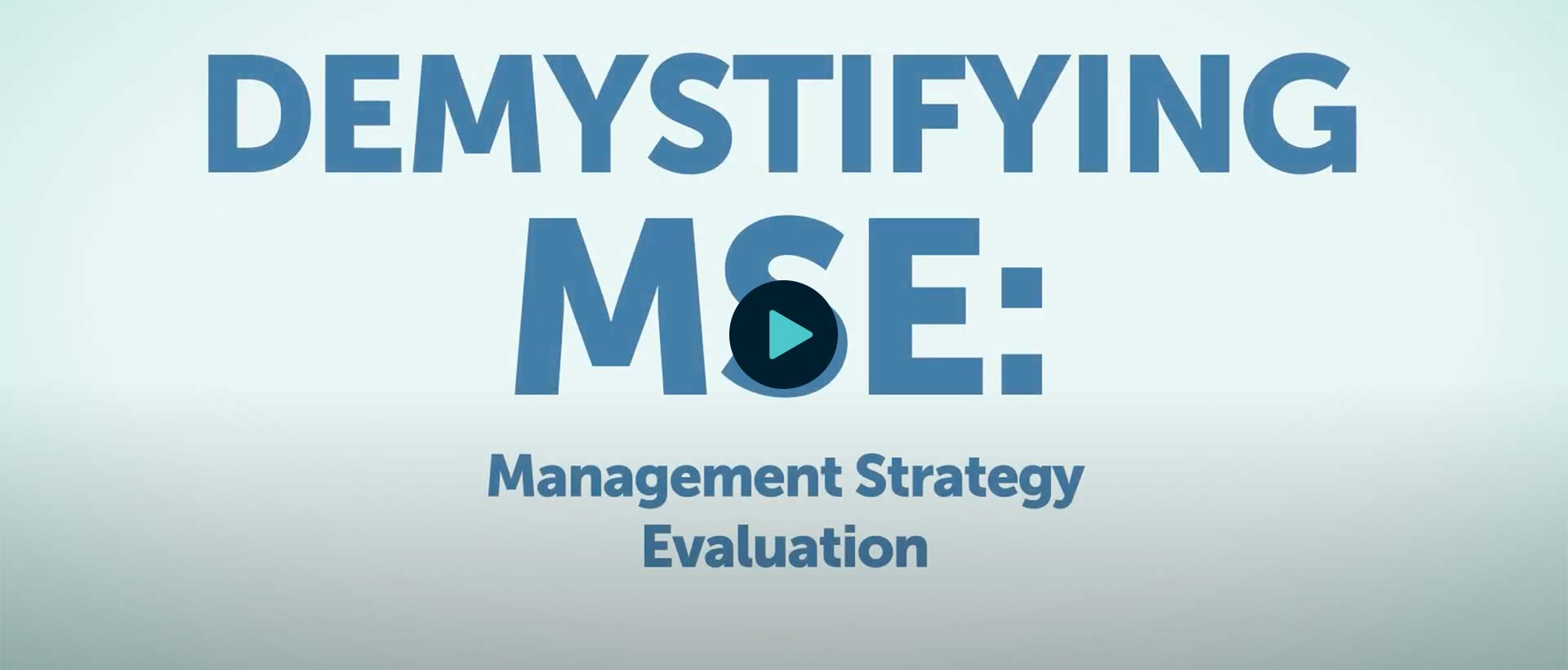
Video Language Options: Español 🇪🇸 • Français 🇫🇷 • Português 🇧🇷 • 汉语 🇨🇳 • 漢語 🇨🇳 • عربى 🇲🇦
Management strategy evaluation (MSE) is a tool that scientists and managers can use to simulate the workings of a fisheries system and test whether potential harvest strategies can achieve the pre-agreed management objectives. MSE helps to identify the harvest strategy likely to perform best, regardless of uncertainty, and balance trade-offs amid competing management objectives. The MSE in essence is the process of developing and agreeing to a harvest strategy and, unlike traditional assessment-based fisheries science, allows for collaboration between scientists, who do the bulk of the analytical and modeling work on the MSE, and managers, with the guidance of stakeholders.
There are numerous ways to structure the MSE framework, but one or more operating models (OM) are at the center of the process. These operating models simulate all relevant aspects of the fisheries system and proposed harvest strategy. The OMs include all plausible hypotheses about the biology of the stock, such as recruitment, and aspects of the fishery, such as the level of illegal fishing activity. Because of the many combinations of assumptions, hundreds of scenarios are often tested.
━━━ a. Generating simulated fishery data (e.g., catch, indices of abundance) from the operating model.
━━━ b. Adding plausible levels of imprecision and bias using the “observation error model” to resemble what happens in a real-world fishery system.
━━━ c. Using the data from the observation error model to estimate stock status, either through a traditional stock assessment model or another approach.
━━━ d. Comparing the estimated stock status with the candidate harvest strategy to determine the management recommendation (e.g., quota, effort limit, size limit or time-area closure).
━━━ e. Subjecting the management recommendation to an analysis of possible implementation error, such as quota overages caused by illegal or unreported catch.
━━━ f. Feeding the output of the implementation error model back into the operating model in step 3A and repeating steps A through E iteratively for many years into the future.
.
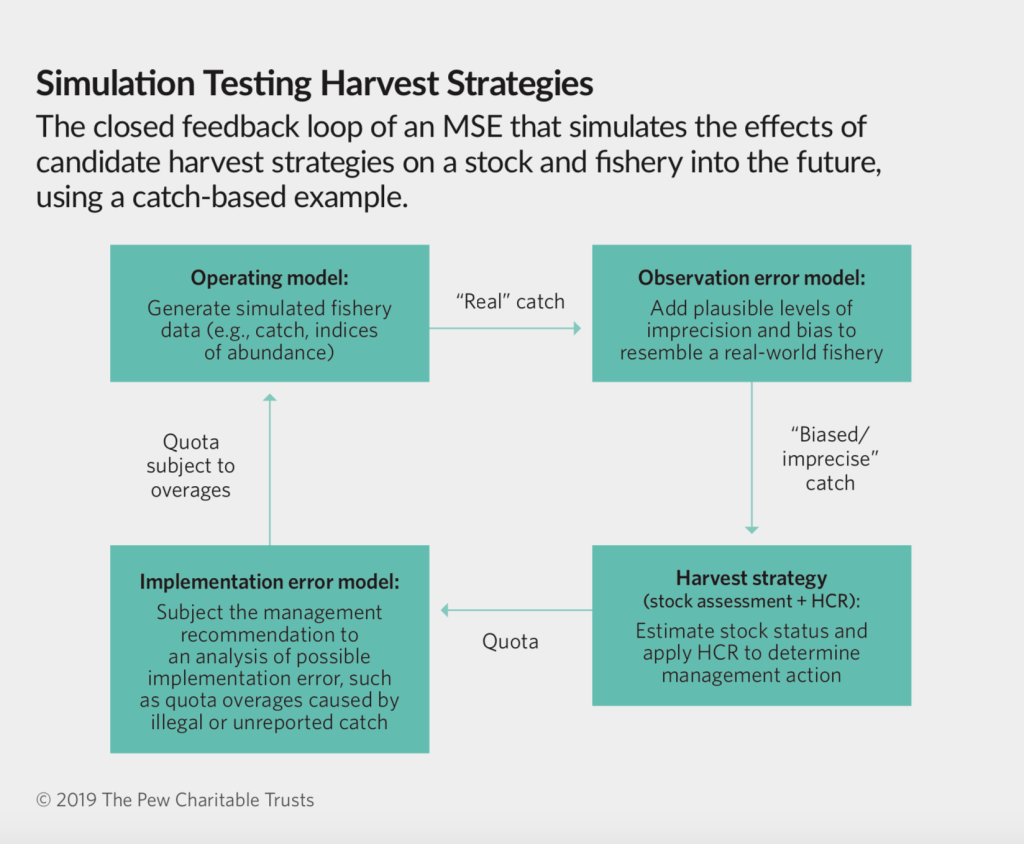
.
Importantly, the MSE for a fishery can be updated as warranted. After HCRs are selected based on the results of the MSE, they are typically re-evaluated every three to five years and can be modified if they are not performing as expected, if “exceptional circumstances” that were not tested by the MSE occur or if new knowledge requires a revision of the operating models. Similarly, although MSE and harvest strategies decrease the reliance on traditional stock assessments, benchmark assessments are still typically conducted approximately every five years to ensure that the harvest strategy is performing as expected and to ground check the MSE.
FACTSHEET: Management Strategy Evaluation for Fisheries; Language Options: Español 🇪🇸 • Français 🇫🇷 • 日本 🇯🇵 • ไทย 🇹🇭
We're co-hosting a regional fisheries workshop in Egypt this week, bringing together GFCM & ICCAT managers and scientists. The focus: harvest strategies and management strategy evaluation.
More on the workshop: https://tinyurl.com/3bu6ftx4
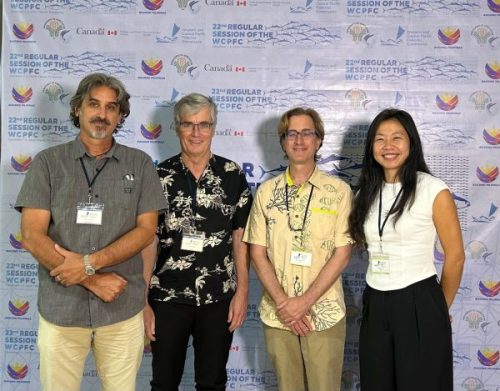
February 19, 2026
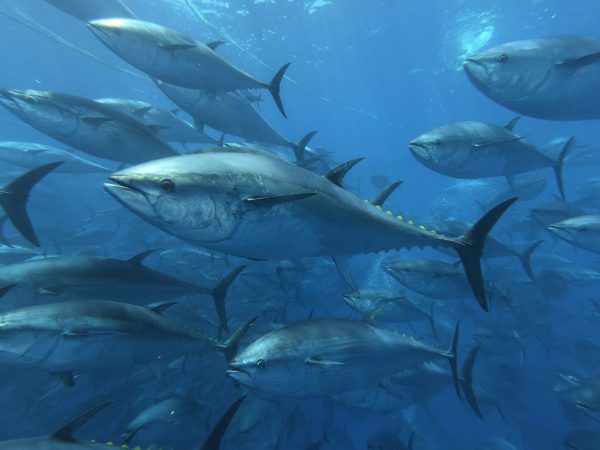
February 17, 2026
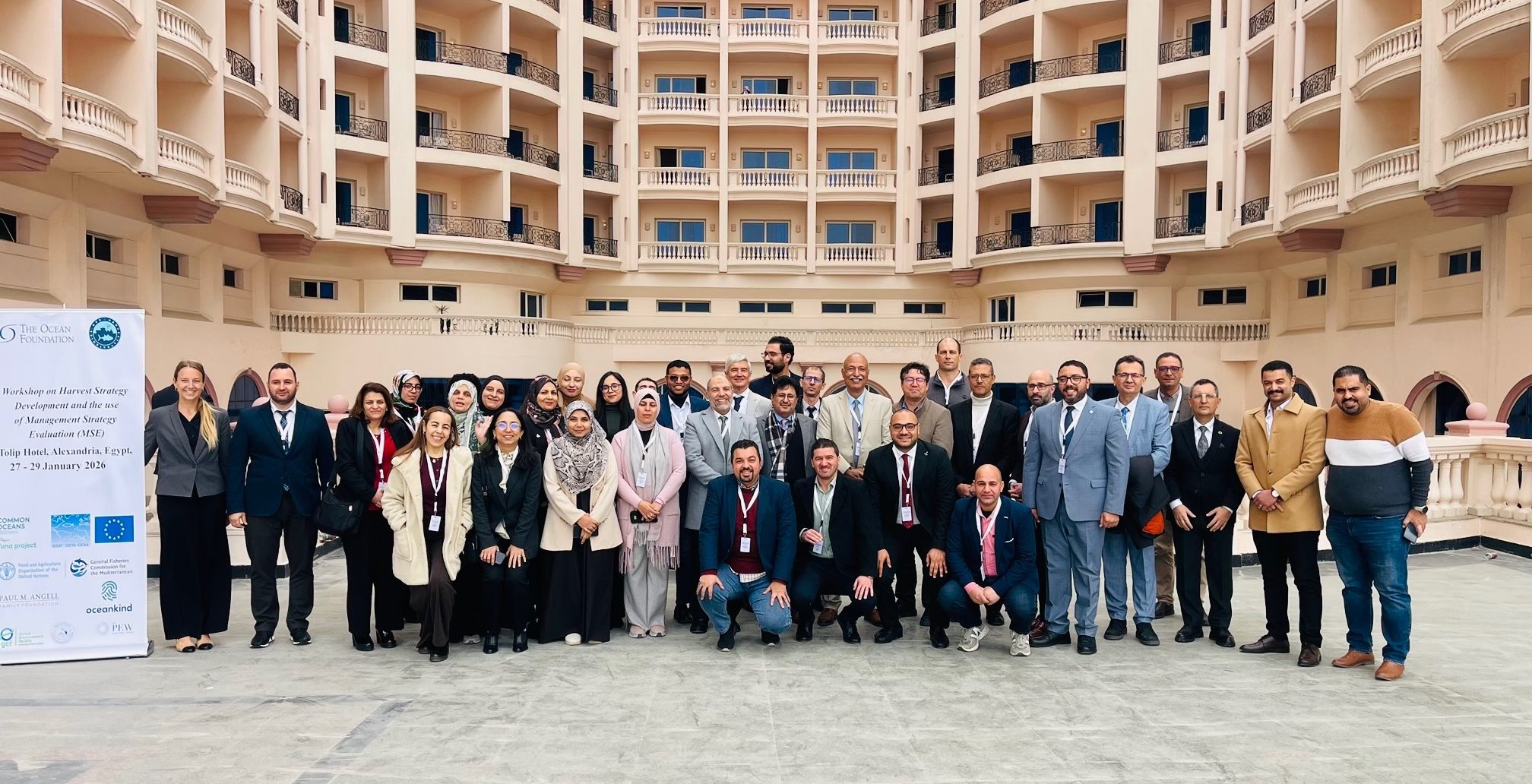
February 11, 2026
HarvestStrategies.org serves as a resource for fisheries scientists, managers, and other stakeholders, compiling information about how harvest strategies work and how implementing this pioneering management approach can lead to sustainable, profitable fisheries and successful recovery programs for many species around the world. The site is managed by The Ocean Foundation’s International Fisheries Conservation Project with support from The Pew Charitable Trusts and the Common Oceans Tuna Fisheries Project, which is funded by GEF and implemented by FAO.
| Status | Description |
|---|---|
| This item has been adopted | |
| This item is in development | |
| This item is behind / stalled | |
| This item has not been started yet |